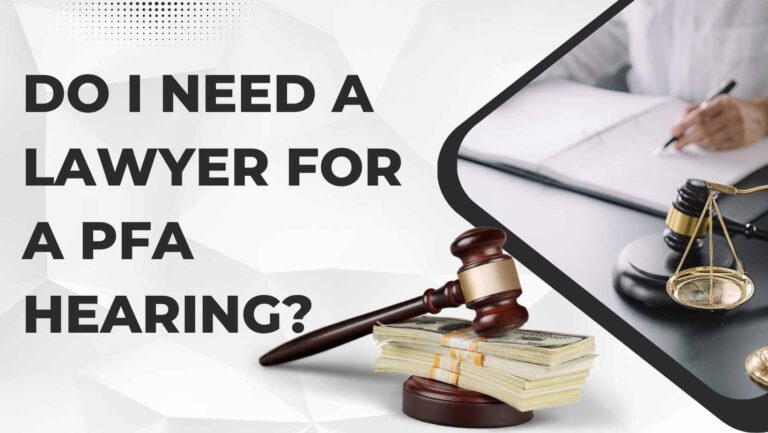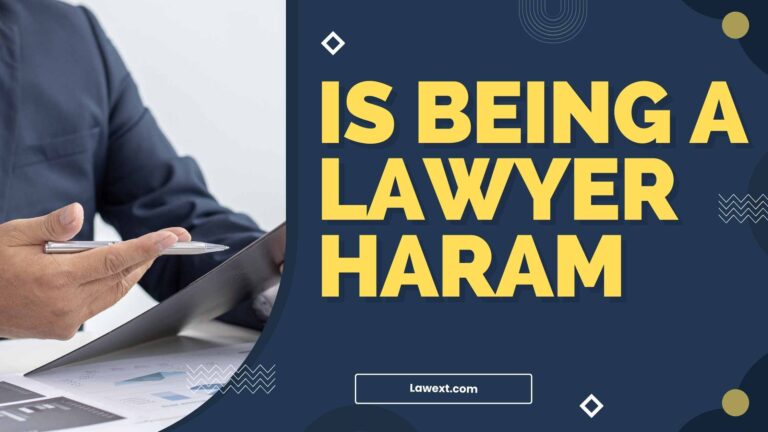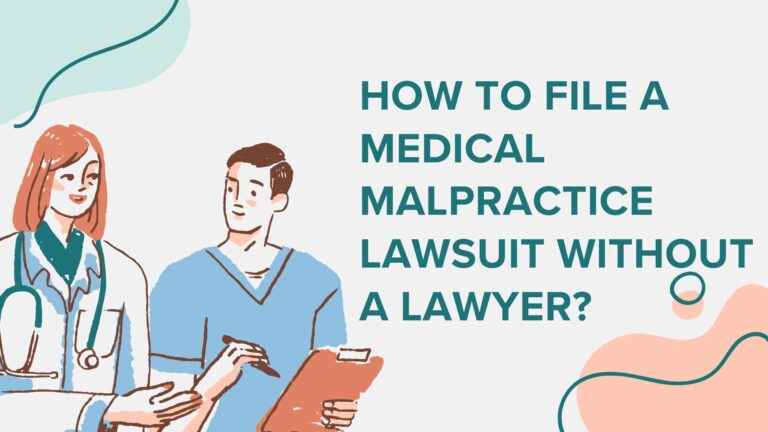How to File a Camp Lejeune Claim Without a Lawyer?
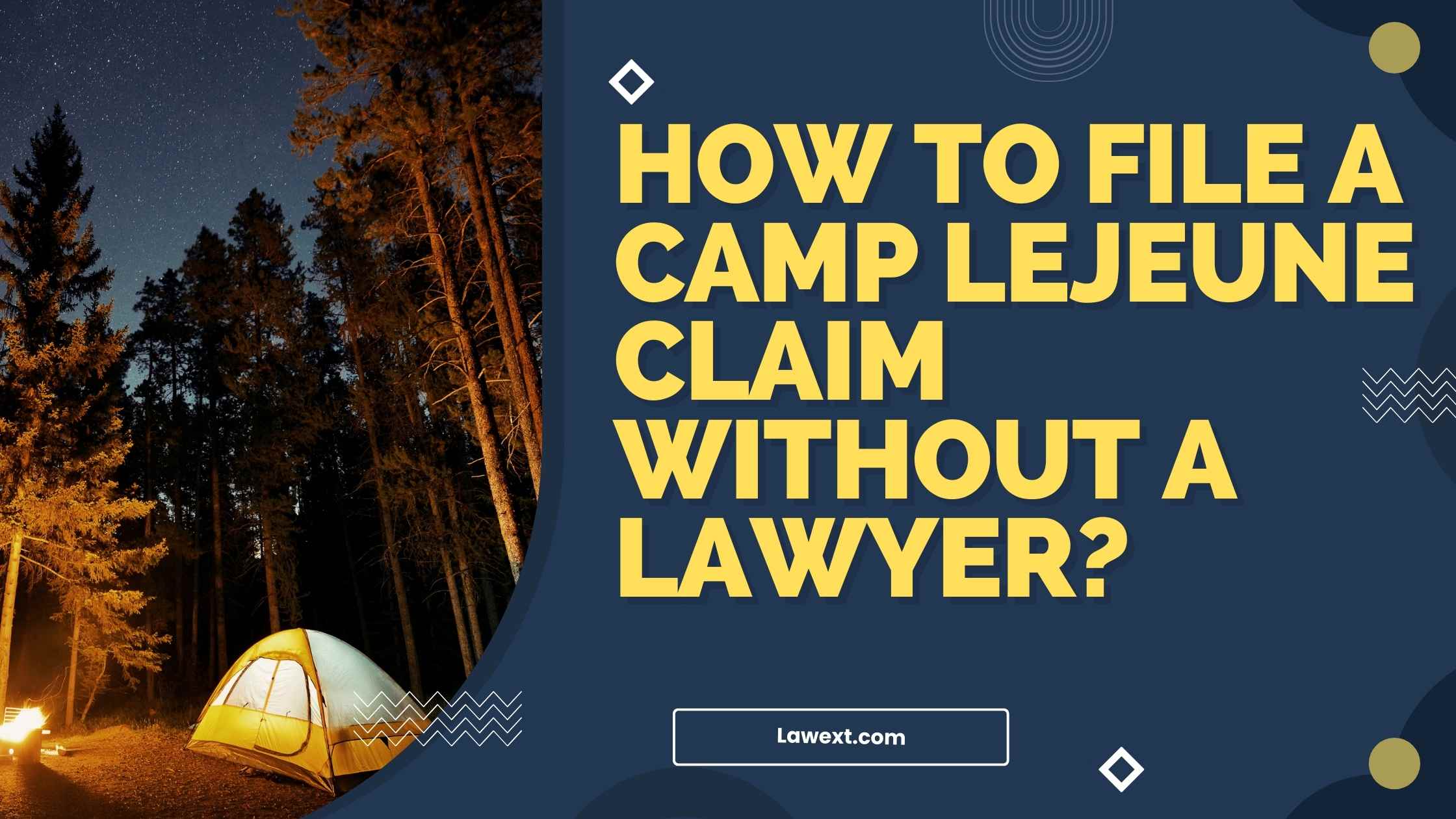
To file a Camp Lejeune claim without a lawyer, visit the official Veterans Affairs website and follow their guided process. Complete the required forms with accurate personal and service-related information.
Table of Contents
How to File a Camp Lejeune Claim Without a Lawyer? Filing a claim for the Camp Lejeune water contamination incident can seem daunting but is possible without legal representation. The claims process involves submitting specific documentation that proves eligibility, such as proof of service at Camp Lejeune during the affected period and medical records indicating illness related to the contaminated water.
Individuals should gather all pertinent information, ensuring details like dates of service and medical diagnoses are clearly documented. The Veterans Affairs (VA) website offers resources and a step-by-step guide to help claimants navigate the process. It is crucial to stay organized, adhere to submission deadlines, and keep copies of all submitted documents for personal records. Taking these actions can streamline the process of claiming benefits for those impacted by the water contamination at Camp Lejeune.
Introduction To Camp Lejeune Claims
Filing a Camp Lejeune claim can seem daunting without legal help. Yet, understanding the basics and following the right steps can make it manageable. In this section, we delve into what Camp Lejeune claims involve.
Historical Context And Water Contamination
Between the 1950s and 1980s, Camp Lejeune’s water supply suffered toxic contamination. The water sources, Tarawa Terrace and Hadnot Point, had chemicals leaking into them. These chemicals included trichloroethylene (TCE), perchloroethylene (PCE), benzene, and other harmful substances.
| Water Source | Contaminants |
|---|---|
| Tarawa Terrace | PCE, TCE |
| Hadnot Point | Benzene, TCE, Vinyl Chloride |
This contamination led to health issues for the military personnel, their families, and civilians. Those living or working at Camp Lejeune during this time may have experienced adverse health effects.
Legal Rights For Affected Veterans And Families
Affected individuals have the right to seek compensation. This includes veterans, family members, and civilian workers. Eligibility extends to those exposed to the contaminated water for at least 30 days during the specified period.
- Exposed to contaminated water
- At least 30 days of exposure
- During 1953-1987
Understanding your rights is crucial. Claimants without a lawyer need to gather evidence, including medical records and proof of residence or work at Camp Lejeune during the exposure period. Proper documentation is key to a successful claim.
- Gather evidence and medical records
- Complete necessary claim forms
- Submit claim to the appropriate agency
This process allows for compensation for medical expenses, suffering, and more. Filing claims independently is possible with thorough research and preparation.
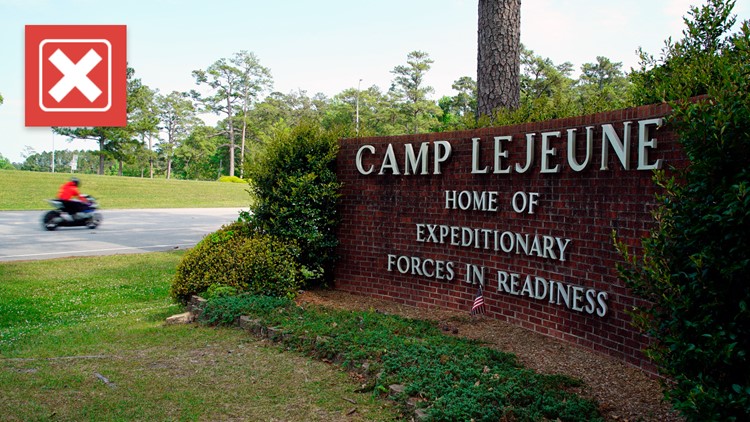
Credit: www.verifythis.com
Eligibility Criteria For Filing A Claim
Knowing if you qualify is the first step to file a Camp Lejeune claim without a lawyer. The criteria you meet are critical. They define if you can claim for health problems from water contamination. This part guides you through those key qualifications.
Qualifying Conditions Linked To Exposure
Certain health issues are tied to the toxic water at Camp Lejeune. Victims must have one of these conditions:
- Adult leukemia
- Aplastic anemia
- Bladder cancer
- Kidney cancer
- Liver cancer
- Multiple myeloma
- Non-Hodgkin lymphoma
- Parkinson’s disease
- Other specific conditions
Residency Or Service Duration Requirements
Claimants must have lived or served at Camp Lejeune during a specific time frame. Details include:
| Time Period | Required Duration |
|---|---|
| August 1, 1953 – December 31, 1987 | Must have stayed for at least 30 days |
This includes active-duty members, reservists, and their families who lived on the base.
Gathering Necessary Documentation
Filing a Camp Lejeune claim requires detailed documentation. The documents prove exposure to contaminated water. They also link to your health issues. Start by collecting all relevant paperwork. Organize it carefully.
Medical records and diagnosis section
Medical Records And Diagnosis
Your health records are crucial. They need to show your diagnosis. Also, they should connect it with the contaminated water at Camp Lejeune. The right documents include:
- Medical tests: These reveal evidence of your condition.
- Doctor’s notes: Notes may draw a connection to the water.
- Treatment records: These show the care you received.
Keep records organized and accessible. This helps keep your claim clear and strong.
Proof of service or residency at Camp Lejeune section
Proof Of Service Or Residency At Camp Lejeune
To file a claim, you must prove your stay at Camp Lejeune. Required documents include:
| Document Type | Description |
|---|---|
| Military records: | These show service dates and locations. |
| Housing records: | They confirm your residence on the base. |
| Rental agreements: | These can verify your stay if you were a civilian. |
Make sure the documents cover the specific period of concern. The period is between 1953 and 1987. Also, ensure all dates are clear.
Navigating The Claims Process
Filing a Camp Lejeune claim on your own can seem daunting. But, with the right approach and understanding of the process, it is entirely possible. Let’s walk through the steps so you can file your claim with confidence.
Steps To File Your Claim
Gather necessary documents. You’ll need medical records, proof of residency, and service records. Organize them early on.
- Complete the required forms. Claim forms can be found on the official Camp Lejeune claims website.
- Detail your exposure. Clearly state the time frame you were at Camp Lejeune and how you were exposed to the contaminated water.
- Describe your illness. Link your medical condition with the water contamination. Use medical reports as evidence.
- Submit your claim. You can file your claim by mail or, in some cases, online. Follow the submission guidelines carefully.
Keep a record of your submission. You’ll need it for future reference and follow-up.
Dealing With Potential Setbacks
- Request missing information promptly. If there’s missing information, the quicker you submit it, the better.
- Prepare to appeal if needed. A denial isn’t the end. You can often submit additional documentation to support your claim.
- Keep track of timelines. There are deadlines for appeals. Mark these on your calendar.
Persistent follow-up and attention to detail can help overcome these setbacks.
Maximizing Your Claim’s Success
When you decide to file a Camp Lejeune claim without a lawyer, preparing well is key. This increases the chances of your claim’s success. A strong claim presentation and clear communication with authorities matters a lot. Below, find tips to present your claim with impact and manage authority communication effectively.
Tips For Compelling Claim Presentation
A well-prepared claim stands out and is more likely to be accepted. Here’s how you can make yours compelling:
- Collect all evidence: Gather medical records, employment history, and military service documentation.
- Organize your information: Sort your evidence chronologically to tell a clear story.
- Be thorough but concise: Include all details but keep explanations brief and to the point.
- Speak their language: Use terms and phrases familiar to military and medical professionals.
- Double-check for errors: Verify all dates, figures, and facts before submitting.
Managing Communication With Authorities
Handling interactions with authorities can be daunting. But, these steps can help you maintain clear and effective communication:
- Personal details matter: Ensure your contact information is correct and up-to-date.
- Keep records: Make notes of every interaction, including dates, names, and discussion points.
- Be prompt and polite: Respond quickly to requests and remain respectful in all communications.
- Maintain copies: Always keep copies of any documents you send or receive.
- Seek clarification: Don’t hesitate to ask for explanations if you don’t understand something.
Alternatives To Hiring A Lawyer
Filing a Camp Lejeune claim without a lawyer is possible. Many individuals opt for alternatives that provide guidance and assistance. These cost-effective options may streamline the claims process.
Utilizing Veteran Service Organizations
Veteran service organizations (VSOs) offer invaluable support to ex-military personnel. They help file benefits claims without legal fees. Many VSOs boast a deep understanding of the claims process and the challenges veterans face. They also assist in gathering necessary documentation and submissions.
- Understanding of military-specific claims
- No-cost assistance
- Simplified claims process
- Representation at VA hearings
Exploring Pro Bono Legal Clinics
Pro bono legal clinics provide free legal services. These clinics are staffed by legal professionals offering their expertise at no cost. They can guide you through the claims process and ensure your application is accurately completed.
- Find local pro bono clinics through law schools or legal aid societies.
- Prepare all relevant medical and service records for your appointment.
- Attend free legal workshops or seminars specific to Camp Lejeune claims.
Considering The Pros And Cons
Filing a Camp Lejeune claim can be daunting, but for some, navigating the process without a lawyer is a consideration worth exploring. Understanding the benefits and risks is crucial to making an informed decision. Let’s weigh the pros and cons of self-representation versus seeking legal assistance for your claim.
Benefits Of Self-representation
- Cost Savings: Avoid legal fees and retain full compensation.
- Direct Control: Manage your claim and decision-making process.
- Personal Satisfaction: Take pride in handling your case independently.
Risks And Challenges Without Legal Aid
| Risk/Challenge | Details |
|---|---|
| Complex Legal Procedures | Difficulties in understanding and following legal requirements. |
| Potential for Errors | Mistakes in paperwork or missed deadlines can jeopardize your claim. |
| Stress and Time | Managing the claim adds stress and consumes valuable time. |
| Negotiation Disadvantages | Lack of legal expertise can result in a lower settlement. |
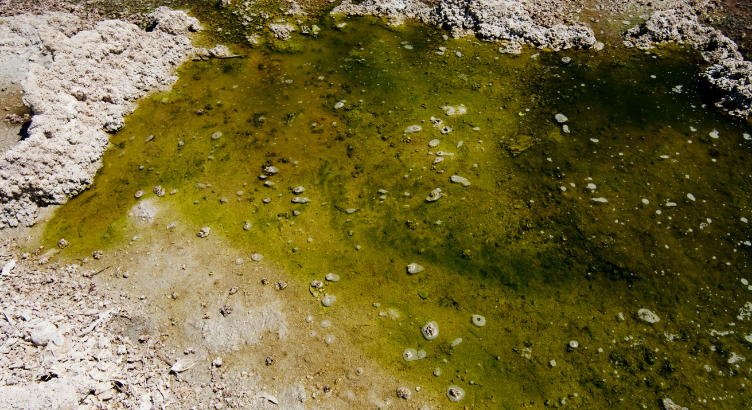
Credit: thesentinelgroup.com
Conclusion
Embarking on a Camp Lejeune claim solo might seem daunting, yet it’s entirely feasible with the right approach. Arm yourself with detailed research, organized documentation, and a clear understanding of the claims process. Taking these steps empowers you to confidently pursue justice without the necessity of legal representation.
Commitment and precision are your allies in this self-advocacy journey.
Amelia Justiceberg, a distinguished legal luminary, thrives on the intersection of empathy and legal acumen. As a prominent family law attorney, she orchestrates compassionate resolutions amidst complex dynamics. Justiceberg's courtroom finesse and dedication to fairness define her practice. Beyond litigation, she ardently advocates for social justice, solidifying her reputation as an influential force in the legal landscape.

